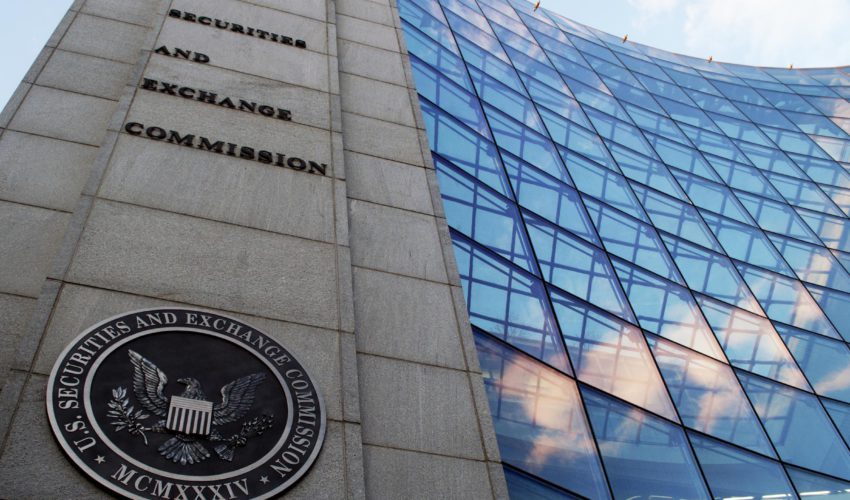SALT LAKE CITY, UTAH – Yesterday, the Utah Attorney General’s Office presented oral argument in U.S. Chamber of Commerce v. SEC at the United States Court of Appeals for the Sixth Circuit. Utah Deputy Solicitor General Christopher Bates argued the case on behalf of a 26-state coalition supporting the U.S. Chamber, asking the appeals court to reverse a lower court decision upholding an SEC rule recission.
In 2022, the SEC rescinded the 2020 Proxy Voting Advice Rule’s notice-and-awareness provisions. By revoking the proxy rule, the SEC has allowed large proxy voting advice businesses (PVABs) to continue promoting political objectives like environmental sustainability even though companies and clients are not given adequate notice or an opportunity to fully understand these recommendations before voting.
The U.S. Chamber of Commerce, Business Roundtable, and Tennessee Chamber of Commerce & Industry filed a lawsuit in 2022 challenging the SEC’s proxy rule recission. A federal judge in the U.S. District Court Middle District of Tennessee ruled in favor of the SEC in April 2023, leading to the appeal to the Sixth Circuit.
After the hearing, Deputy Solicitor General Bates issued the following statement: “This is an important fight. Investors deserve timely, complete information about how their vote shares are being used and what causes proxy advisory firms are supporting. The Attorney General’s office joined this effort to bring greater transparency and accountability to these powerful proxy advisory firms, and we’ll continue to defend the interests of investors and all Utahns in open, free, and fair markets.”
The State of Utah told the court that the 26-state coalition brought the challenge because states protect the interests of retail investors who invest their personal savings in financial markets, highlighting the States’ keen interest in ensuring PVAB transparency and accuracy. In his argument, Bates emphasized three points for the Court’s consideration: first, that transparency in PVAB recommendations is critically important; second, that investors need timely information to make informed voting decisions; and third, that the SEC changed its view about key facts between the 2020 rule and 2022 recission without an adequate explanation.

